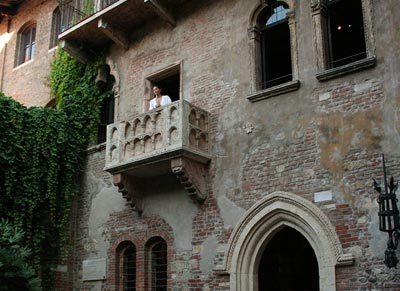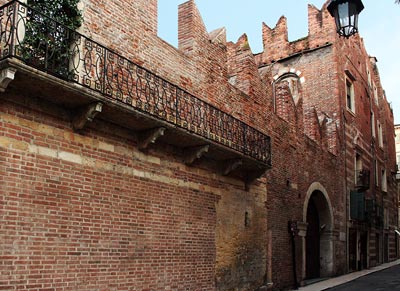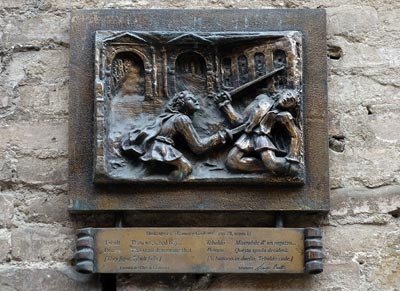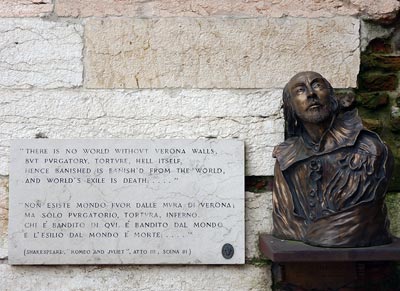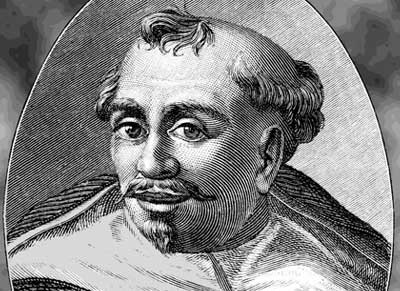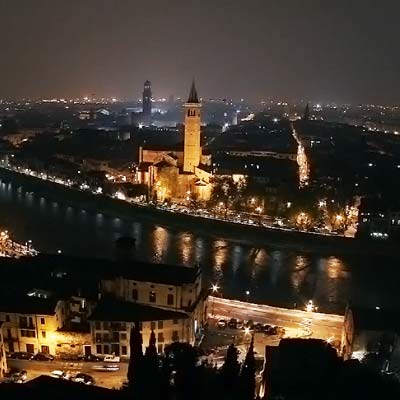Scala Family's Tombs

The guided tour in Romeo and Juliet's Verona stops at the Arche Scaligere, the impressive gothic monumental tombs of the Scala Family. They are considered one of the most representative examples of Italian gothic architecture and sculpture.
Oncoming Tours
Info and Bookings:
+39 333 2199 645 info@veronissima.com P.I. 03616420232 C.F. CPPMHL74L13L781C
Beside their high artistic value Scala family's tombs allow to talk about the complex historical scenario in which the legend of Romeo and Juliet developed.
Guelphs and Ghibellines
The history of Italy in the 13th and 14th centuries is characterized by the fierce feuds between opposing factions. The Guelphs were supporters of the supremacy of the political power of the pope. The Ghibellines, on the other hand, argued that the pope should only be a religious leader and that political power lay with the emperor of the Holy Roman Empire. Even within the same city there were violent struggles between families that belonged to one or the other faction. Verona was no exeption.
This situation is clearly echoed in the prologue of Romeo and Juliet.
Two households, both alike in dignity
(In fair Verona, where we lay our scene),
From ancient grudge break to new mutiny,
Where civil blood makes civil hands unclean.

Ghibelline's battlement
The swallow-tailed or "M" shaped battlements on the walls of the buildings symbolized the affiliation of the owners to the Ghibelline faction. You can clearly distinguish this type of decoration on the so-called "Romeo's house" which stands just behind the Arche Scaligere.
Romeo's houseThe rise and fall of the Scala family

The Scaligeri belonged to the rich merchant bourgeoisie that had progressively assumed political power in the Italy of communal age. In 1259 the city council gave full powers to Mastino I della Scala in order to put an end to the internal conflicts that were devastating Verona. He did his job so well that the his power became permanent and hereditary, transforming the Scala family leaders into a sort of kings of a small kingdom. Soon, however, the struggle for power moved within the family. The lives and power struggles of many Scala lords seem like plots from Shakespearean tragedies. Mastino I was killed in an ambush. Is nephew Cangrande was poisoned possibly by his cousin Mastino II. Cansignorio in order to rule alone killed his two brothers.
Bartolomeo della Scala aka Prince Escalus

In pre-Shakespeare versions of Romeo and Juliet, the story takes place during the time of Bartolomeo della Scala's rule. This is a very narrow time frame as Bartolomeo was in power from 1301 to 1304. Bartolomeo della Scala certainly provided the inspiration for the figure of Prince Escalus.
His tomb is located inside the fence that protects the cemetery of the Scala family. It is a red marble sarcophagus with the family coat of arms: a ladder which is what "scala" means in Italian.
For any question or further information on guided tours and Shakespearean itineraries in Verona:
Further Information:
+39 333 2199 645 info@veronissima.com P.I. 03616420232 C.F. CPPMHL74L13L781C

 IT
IT 日本
日本 DE
DE FR
FR 中文
中文 ES
ES
